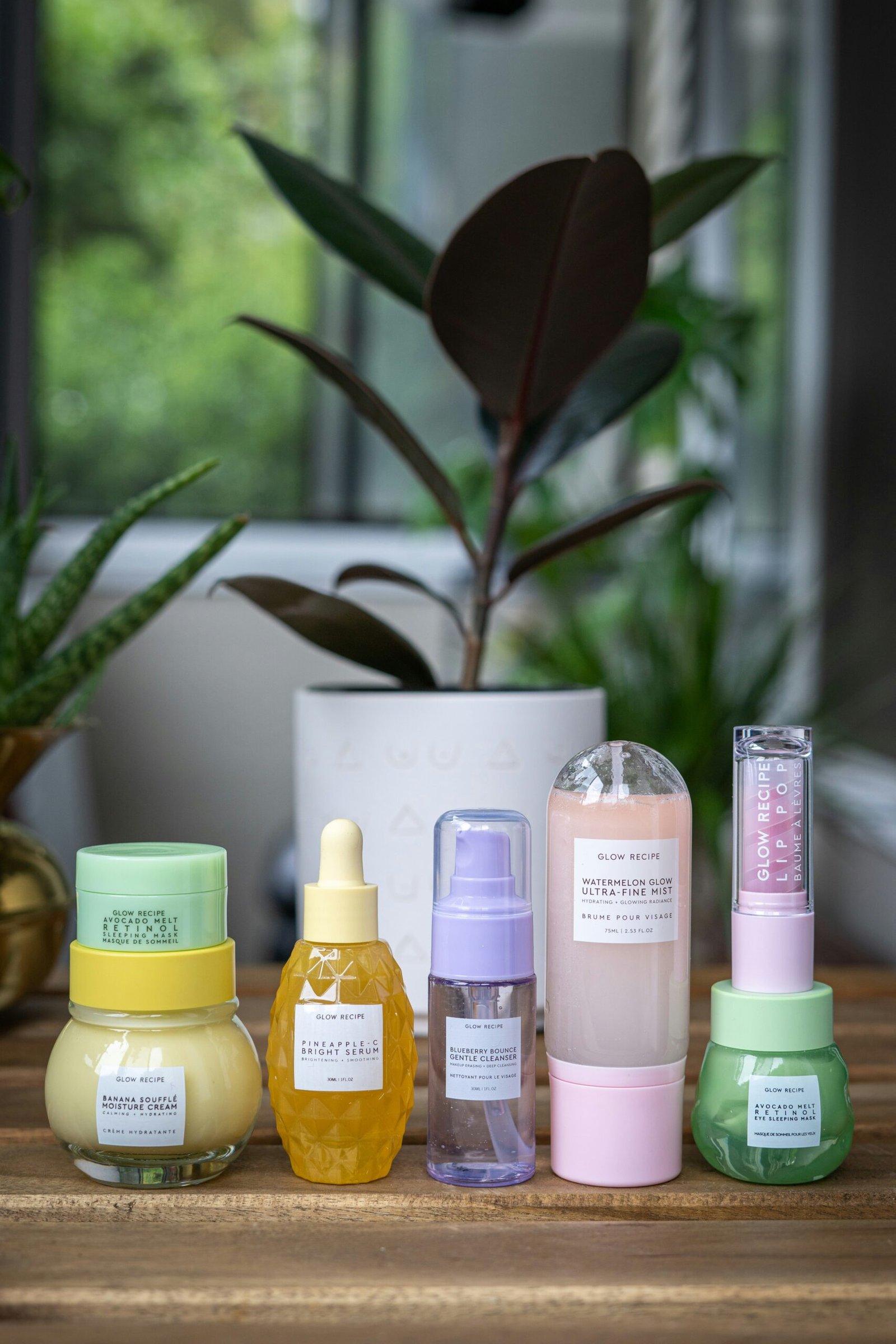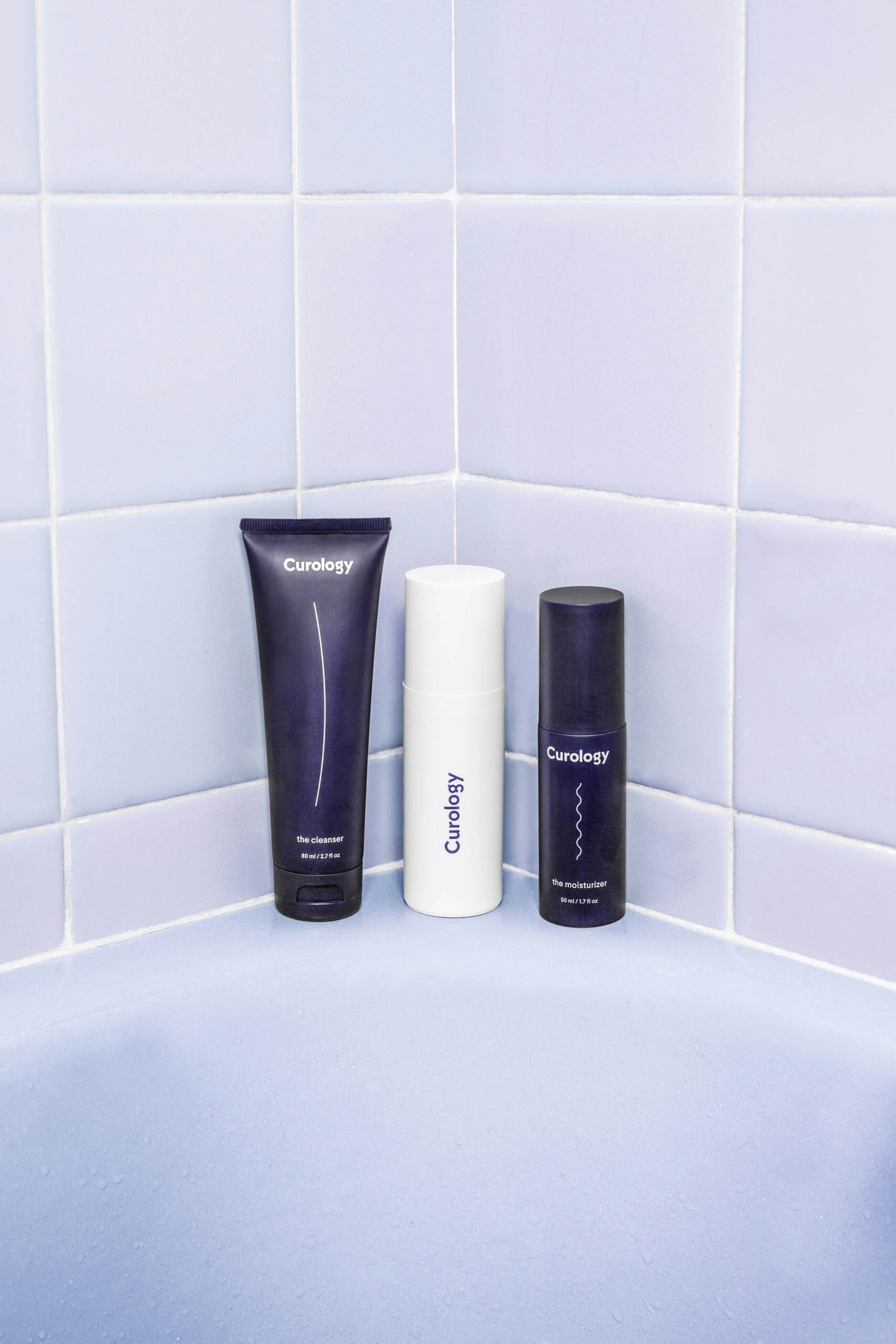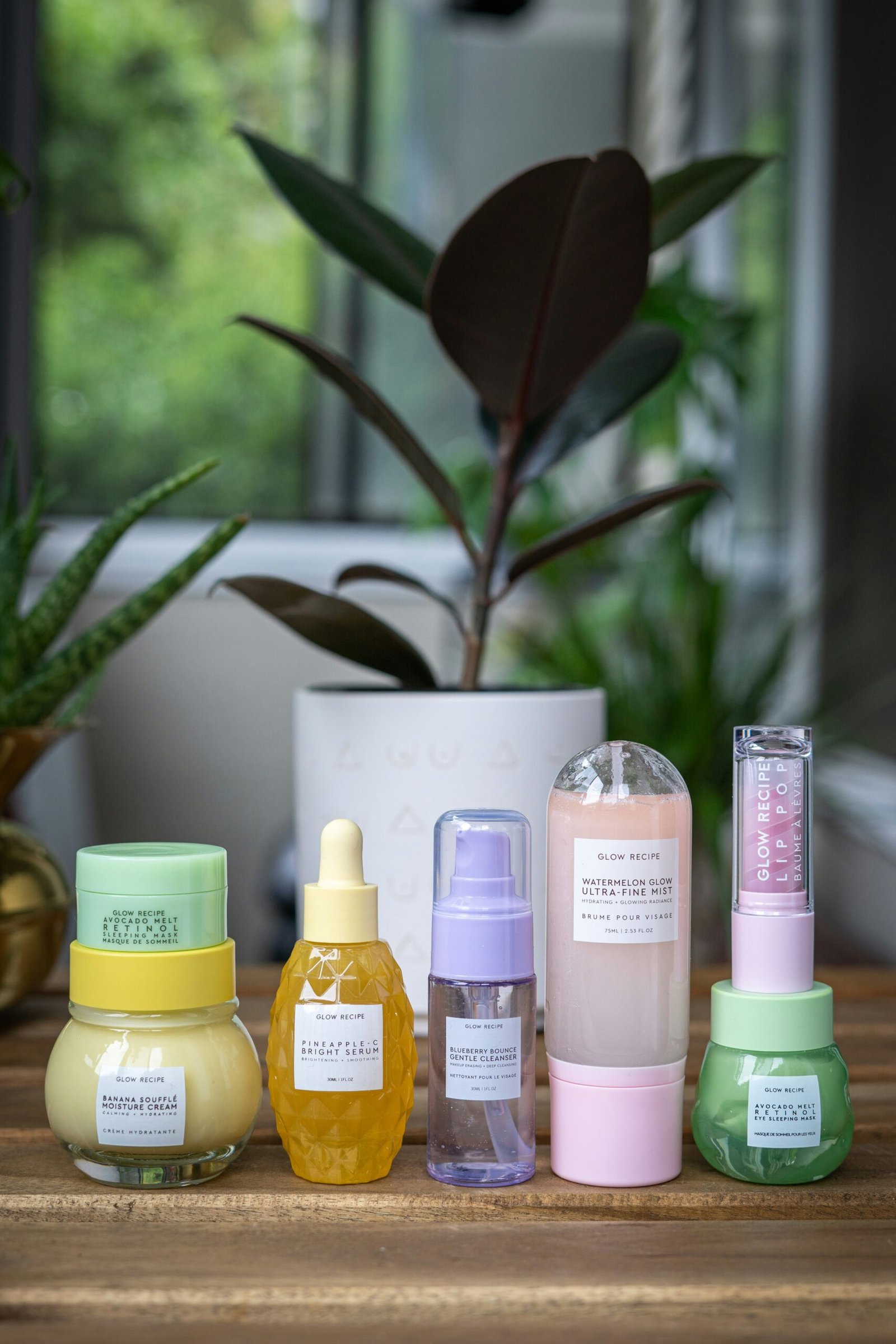The Rise of Hydration in Skincare
The evolution of skincare has witnessed significant transformations over the years, reflecting changes in consumer preferences and societal influences. Historically, skincare routines were predominantly centered around heavy oils and creams. These products catered to the perception that moisturizing equated to visible effectiveness. However, as consumer awareness and preferences progressed, the trend began to shift dramatically towards lightweight, hydrating formulations that promise a dewy and glowing complexion. Shop lightweight moisturizers.
Recent years have highlighted a substantial embrace of hydration as a key component in skincare. This rise in demand for hydrating products can be traced back to the increasing awareness of skin health and wellness. Consumers now prioritize hydration not just for aesthetics, but as a crucial aspect of skin care that can combat dryness and improve overallppearance. The introduction of innovative ingredients such as hyaluronic acid, glycerin, and aloe vera has enabled brands to formulate products that hydrate without leaving a heavy residue, thereby appealing to a broader audience. Check out trending hydrating products.
The influence of social media and beauty influencers cannot be overlooked in this context. Platforms such as Instagram and TikTok have popularized the ‘glassy skin’ trend, prompting many consumers to seek products that deliver a similar effect. Influencers often showcase their skincare routines, highlighting the importance of hydration in achieving that coveted dewy look. Consequently, sales of hydrating products have surged, with various brands reporting an uptick in demand. According to industry statistics, the market for hydrating skincare products has seen year-on-year growth, evidencing consumers’ shifting priorities towards hydration.
This cultural shift has transformed the skincare landscape, making hydration more than just a trend; it is now an essential component of daily routines for many individuals seeking healthier, luminous skin. Find daily skincare essentials.
Key Hydrating Ingredients and Their Benefits
In the realm of skincare, hydration plays a pivotal role in maintaining healthy, radiant skin. Several ingredients have garnered attention for their ability to effectively retain moisture and improve overall skin texture. Among the most popular hydrating ingredients are hyaluronic acid, glycerin, aloe vera, and squalane. Each of these components offers unique benefits that cater to diverse skin types.
Discover more about these ingredients.
Hyaluronic acid is perhaps the most renowned of these hydrating agents. This compound possesses the remarkable ability to hold up to 1,000 times its weight in water, making it an exceptional moisture magnet. It works by binding water to skin cells, thus promoting a plump and youthful appearance. According to a study published in the Journal of Cosmetic Dermatology, regular use of hyaluronic acid can significantly enhance skin hydration and elasticity. Shop hyaluronic acid serums.
Glycerin, another standout ingredient, is a humectant that draws moisture from the environment into the skin. It not only hydrates but also helps to improve the skin barrier function, thereby reducing water loss. A 2018 research review in the International Journal of Cosmetic Science highlighted glycerin’s effectiveness in restoring skin suppleness and preventing dryness, making it suitable for all skin types, particularly those suffering from eczema or dryness. Browse glycerin-based products.
Aloe vera, with its soothing properties, provides hydration while also delivering essential vitamins and minerals. Its gel-like consistency allows for quick absorption, which helps calm irritated skin and provide lasting moisture. Studies have shown that aloe vera can significantly increase skin hydration levels and may help treat sunburn or skin irritation. Find aloe vera skincare products.
Lastly, squalane—a lightweight oil derived from olives or sugarcane—offers deep hydration without feeling greasy. It mimics the skin’s natural oils, promoting moisture retention and preventing transepidermal water loss. An article in the Journal of Clinical and Aesthetic Dermatology noted that squalane is particularly effective for oily or combination skin types. Find aloe vera skincare products.
Integrating these hydrating ingredients into skincare routines is essential for achieving that much-desired dewy look and combating dryness effectively. Explore squalane oils.
How to Incorporate Hydrating Ingredients into Your Routine
Incorporating hydrating ingredients into your skincare routine can significantly improve the overall appearance and feel of your skin. To begin, consider layering products effectively. Start with a hydrating serum containing ingredients like hyaluronic acid or glycerin, which are known for their ability to attract and retain moisture. After applying your serum, follow with a lightweight moisturizer suited for your skin type. For oily skin, a gel-based moisturizer can provide adequate hydration without feeling heavy, while a cream-based moisturizer may be more suitable for dry skin types. Sensitive skin can benefit from gentle, fragrance-free formulations that include soothing agents such as aloe vera. Explore innovative skincare technologies.
Another useful practice is to incorporate hydrating mists throughout the day. These can be used after cleansing and before applying makeup, as well as during periods of dryness, such as air-conditioned environments or heated spaces. When using these mists, be sure to spray at a distance to evenly distribute the product across your face.
Hydrating masks are also an excellent addition to your routine. Aim to use these once or twice a week, depending on your skin’s needs. Look for masks with a rich ingredient profile that includes not only humectants like hyaluronic acid but also occlusives that help lock in moisture. This combination can provide an intensive hydration boost.
Explore innovative skincare technologies.
Additionally, proper application techniques can optimize the benefits of hydrating ingredients. Always apply products on slightly damp skin to enhance absorption. When massaging in your serums and moisturizers, use upward motions to stimulate circulation and encourage product penetration. It is crucial to establish a consistent routine, applying these hydrating products both morning and evening for maximum effect. By thoughtfully integrating these hydrating ingredients into your skincare regimen, you can achieve a well-hydrated, balanced complexion.
Dewy Dreams: The Popularity of Hydrating Ingredients.
The Future of Hydration in Skincare
As consumers continue to seek effective solutions for maintaining skin hydration, the future of hydration in skincare appears promising with numerous emerging trends and innovations. One of the most notable advancements is the development of encapsulated hydration complexes. These sophisticated formulations allow for the controlled release of moisture, ensuring prolonged hydration throughout the day. With such technology, skincare products can not only enhance immediate moisturization but also provide lasting effects that cater to varying skin types and needs. Encapsulation allows for ingredients to penetrate deeper into the skin, improving efficacy and delivering hydration right where it is needed most.
Additionally, biotechnology-derived ingredients are taking center stage, offering consumers cutting-edge solutions for optimal skin hydration. These ingredients are often created through sustainable practices, aligning with a growing desire among consumers for environmentally responsible products. For example, biopolymers derived from natural sources can mimic the skin’s natural barrier, effectively locking in moisture while being gentle on the skin. This intersection of technology and ecology not only appeals to the modern consumer but also supports the skincare industry’s push towards a more sustainable future.
Furthermore, as awareness of skin health continues to rise, consumer expectations are evolving. Skincare brands are now challenged to better understand their customers’ hydration needs and to innovate in a way that is both effective and eco-friendly. In this vein, brands that prioritize transparency around ingredient sourcing, production practices, and overall product impact will likely resonate more with their target audience. By fostering a reputation of sustainability while delivering powerful hydration solutions, companies can effectively capitalize on the increasing demand for moisture-rich products without compromising their commitment to the planet.



0 Comments